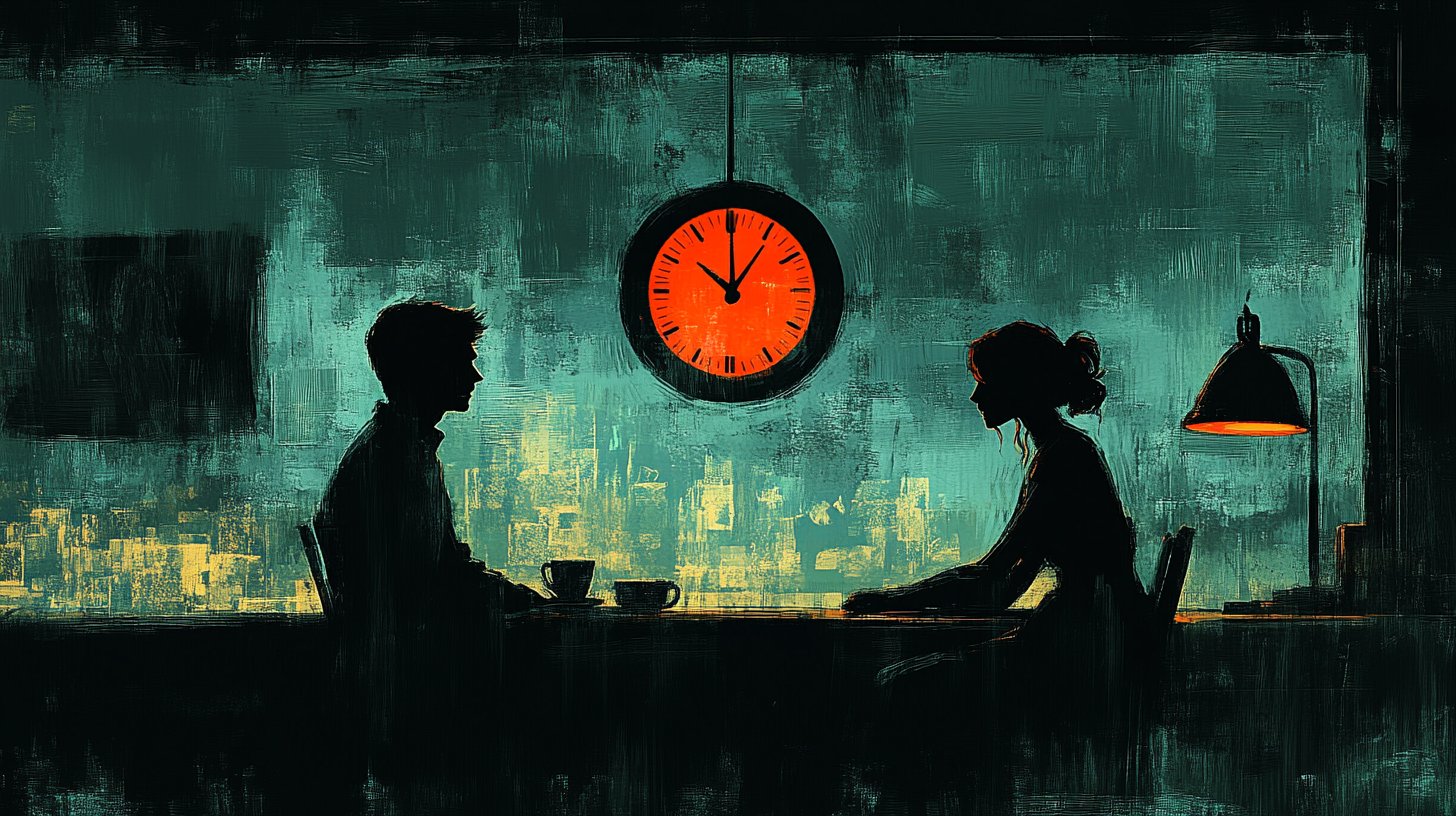When nightly closeness becomes a habit

Insomnia, love, partnership. For many people, sleep means not only rest but also closeness to their partner. If you are one of those who cannot sleep when your partner is not next to you, you are not alone. This article highlights five signs that will help you better understand your nightly sleeping habits and possibly work on improving your quality of life.
Sleep is an essential part of our lives. It allows our body to regenerate and recharge our energy for the next day. However, sleep has not only physiological aspects; it also significantly impacts our emotional and mental health. In a partnership, sleep behavior can be greatly influenced by the relationship with the partner. There are people who feel restless when falling asleep alone or cannot relax if their partner is not nearby.
Emotional connectedness and security
One of the strongest signs that you cannot sleep well when your partner is not next to you is the feeling of emotional connectedness. This connection gives you a sense of security, which is crucial for many people while sleeping. When your partner is by your side, it is easier to leave the worries of the day behind. The closeness provides a feeling of comfort and safety, which many find necessary to be able to relax. It is no coincidence that couples often cuddle closer together when they are lying in bed at night; we should take this need for intimacy into account.

Creating habits and rituals
Another sign of dependence on your partner in sleep may be the absence of habitual rituals. Habits are crucial for our sleep quality, and if you feel that you can only sleep well when your partner is present, it may be time to question these habits. Sometimes, couples develop shared rituals that promote sleep, such as reading a story or listening to relaxing music. These rituals not only have practical benefits but also strengthen the sense of belonging and promote an overall more relaxing sleep environment.

Overcoming fears and worries
The third sign indicating that you do not sleep well when your partner is not around may stem from deeply rooted fears or worries. You may fear loneliness or be concerned about what might be lurking in the dark. These fears can influence sleep behavior, and the absence of your partner can intensify these worries. It may be helpful to confront these fears and develop strategies to cope with them. Whether it happens through conversations with your partner, meditation, or even professional help—the first step is to face these fears.

In the end, the question arises of how you can cope with your partner not being by your side all the time. A good sleep environment can help, and distractions should be minimized. Perhaps you can also consider helping yourself to sleep, whether through breathing exercises, relaxation techniques, or a good book. What is important is that you make the decision to work on yourself so that you can also unwind without your partner, allowing both of you to lead a fulfilled life.
In summary, it is perfectly normal to feel a certain dependence on a partner when sleeping. The emotional connection, the creation of shared rituals, and awareness of one’s own fears play an important role in this. However, it is essential to work on yourself and find ways to sleep well even without the constant closeness of your partner. Because healthy sleep is not only the foundation for a productive day but also contributes to stability and satisfaction in your relationship.


